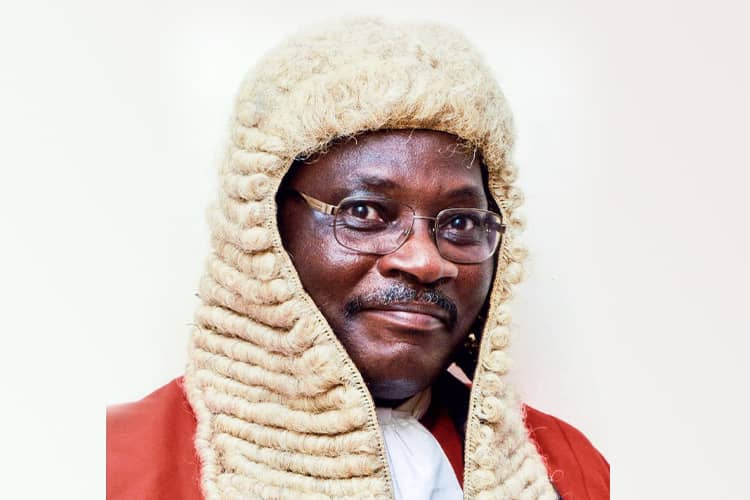By Burnett Munthali
In a move that has ignited fierce debate about judicial integrity and the use of public funds, the Malawian government has approved substantial salary increases for judicial officers, positioning them among the highest-paid public employees in the country. The new salary structure, effective from September 18, 2024, has prompted both support and criticism, raising broader questions about the balance between fair compensation and the need for greater accountability within the judiciary.
Details of the salary hikes
According to a memo from the Clerk of Parliament, the Chief Justice will receive a 35% salary increase, raising their monthly pay to K6.8 million (approximately $6,700). The Deputy Chief Justice will see a 43% increase, bringing their salary to K6.6 million, while Supreme Court justices and High Court judges will receive raises of 54% and 38%, respectively. These increases come amid persistent concerns about corruption in the judiciary and widespread calls for transparency in government spending.
While the salary adjustments are significant, they are only part of a broader package of demands made by judicial officers, including annual school fee allowances of K5 million per child, a furniture allowance of up to K15 million, and a monthly non-practicing allowance of K2.5 million. Critics argue that these demands are excessive, especially in light of Malawi’s ongoing economic challenges and the government’s stated goal of harmonizing public service salaries.
Lavish perks and allowances
In addition to salary raises, judicial officers are set to benefit from a range of perks. The Chief Justice, for example, will receive a fuel allocation of 2,500 liters monthly, worth about K6.3 million at current prices. Judges will also receive a K5 million furniture allowance every five years and are entitled to purchase duty-free vehicles during the same period, allowing them to save significantly on luxury car purchases.
Debate over accountability
The salary increases have drawn mixed reactions. Critics claim that the raises undermine the government’s efforts to promote accountability and transparency within the judiciary and the public sector. By granting such substantial raises, they argue, the government risks eroding public trust in the legal system, particularly at a time when demands for reform and the fight against corruption are more urgent than ever.
On the other hand, proponents of the raises, such as Joyce Chitsulo, chairperson of the Parliamentary Public Appointments Committee, contend that the increases are in line with constitutional provisions that mandate a review of judicial salaries every three years. Chitsulo defended the salary adjustments, arguing that they reflect the responsibilities held by judicial officers and the need to maintain a professional and independent judiciary.
Judicial officers’ mixed reactions
Despite the significant salary adjustments, not all demands made by judicial officers were met. Kondani Chinangwa, president of the Association of Magistrates in Malawi, acknowledged that while the approved raises are welcome, they fall short of meeting all the conditions outlined in the constitution. “It’s not everything that has been approved, but since we are discussing, the judicial officers are okay for now,” Chinangwa stated, expressing hope that further negotiations will address unresolved issues.
Public concerns and future implications
As Malawi grapples with these controversial salary hikes, many citizens are left questioning whether the increases will lead to improved judicial services or simply serve to enrich those already in positions of power. With the economy struggling and corruption remaining a key concern, critics worry that these raises could further alienate the public from a judiciary that is supposed to serve justice impartially.
The long-term impact of these salary adjustments on judicial performance and public trust remains to be seen. What is certain, however, is that the government’s decision has sparked a critical conversation about the balance between fair compensation for public servants and the need for greater oversight and transparency. The future of Malawi’s judiciary—and the public’s confidence in it—now hangs in the balance.




